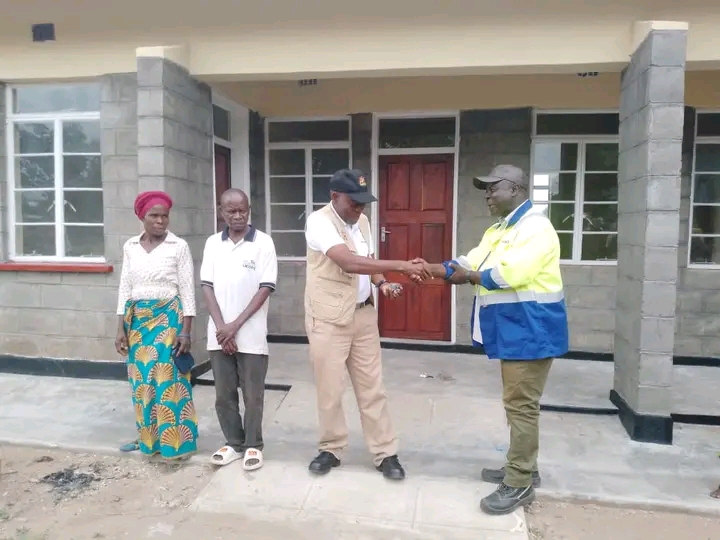By Burnett Munthali
A recent road marking project on the road leading to Chawe Inn in Zomba has triggered a wave of public ridicule and criticism, as Malawians question the logic behind painting lines on a road that remains in poor condition.
Initial confusion surrounded the identity of the responsible authority. While many assumed Zomba City Council was behind the project, Archangel Bakolo, the Council’s CEO, clarified that the road in question falls under the Zomba District Council’s jurisdiction.
Though infrastructure development is usually celebrated, this particular case has instead become a symbol of what many see as misplaced priorities.
On various social media platforms, Malawians shared their disbelief, with some mocking the effort as a superficial attempt to appear productive. One widely shared comment read: “Boma la Malawi ili litiwonesa zinthu eshii,” capturing the sense of national exasperation.
Critics argue that painting road markings on a damaged, unpaved, or partially rehabilitated road is not only impractical but also misleading — as it masks the lack of substantive improvement.
This incident has ignited broader discussions about governance, with citizens accusing authorities of opting for symbolic gestures over sustainable, meaningful action.
The Chawe Inn road situation is increasingly being cited as a reflection of deeper challenges in Malawi’s infrastructure planning — including questionable decision-making, poor resource management, and a widening gap between government actions and the real needs of the people.
Malawians are calling for a shift in how development is approached: one that prioritizes long-term solutions and honest service delivery over quick fixes meant for public image.
In the age of social media, public scrutiny is louder than ever. Citizens are no longer passive observers but active participants in holding leaders accountable.
If local councils are to restore trust and drive real progress, their decisions must be guided by foresight, transparency, and a genuine commitment to community welfare.




